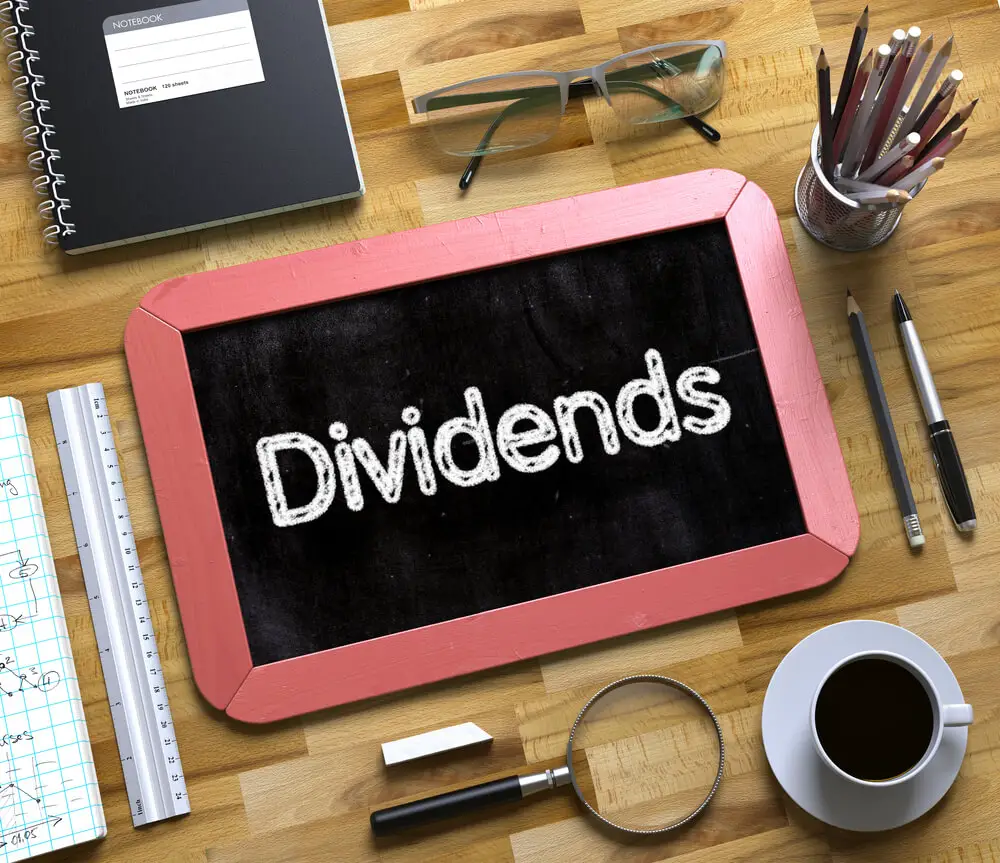This is a Guest post by Charles Leworthy of ForexBinary101.
Measuring the fair value of a stock option seems like guesswork in most cases. However, it is important to understand the key concepts that dictate the numbers for price options, and how much influence they have. Let’s take a better look at how dividends on call and put equity options actually work.
What are Dividends?
Dividends are probably the most important element for an options trader. Their payment has a direct impact on how options are priced for a particular stock. However, before jumping into the facts, let’s see each step that a dividend payment system goes through. The fact is that new traders can misinterpret some crucial dates and miss their opportunity. The press even unknowingly augments this kind of mistake.
So, the company assigns its Board of Directors to set a date at which point the dividend is declared. Also, they make the amount of dividend per share public, when it will be paid, and the Date of Record. The press takes this valuable information, and they publish it on a certain day, which also plays an important role, and it is called the Declaration Date or the Announcement Date.
About a month after Declaration Date, you should become a stockholder by being among the people who will receive the dividend payment. What you should know is that usually, this takes place at the moment the business closes for the day. This date is called the Date of Record since you enter the record for that particular dividend.
About a month after Date of Records will come into effect the Payment Date, when you receive the financial gain into your account, or they will mail you a paper check.
These are the three important dates that decide how things are going to work for a dividend. However, there’s a fourth one which is not made public, yet it is assumed that everyone knows about it. This special one is called the Ex-Dividend Date, and this is what the D letter that you see on technological platforms stands for. This date comes into effect two business days before the Date of Record.
The Right Date to Buy Stock
If you go by the book and purchase the Stock on the Date of Record, you will not receive any dividend for it. The proper time is to do it at least three days in advance or a business day before the Ex-Dividend Date. And here’s what’s so tricky about the important dates in the payment system.
It will take the officials three business days to settle the stock transaction, and this process is known as T+3. So, you must become the owner of the stock before the Ex-Dividend Date. Otherwise, the payment you should receive will be cut off.
When the company releases a profitable offer, some shareholders will be willing to purchase premium, which is the total cost for an option with the right to buy or sell the stock at a specific strike price. This should also happen three business days before the Date of Record.
When the Ex-Dividend Date arrives, the price of the stock will no longer include the price of the dividend. This is also the day that dividends will impact the call and put options. The stock will open with the amount that the dividend has on the Ex-Dividend Date.
Call and Put Options
While put options are more expensive, call options anticipate the drop in stock price by the amount of dividend, and thus they are cheaper. The ex-dividend rate influences the price as the value of both kinds of options depends on the exchange that automatically drops the stock price by the amount of the dividend on the Ex-Dividend Date.
So, while they expose the shareholder to a greater risk, the put options increase their value when the price of the stock goes down. The seller of the option is obliged to sell 100 shares at the strike price if the option is exercised. Taking such a big risk will enable the seller to collect the premium.
On the other hand, the call options give you the right to buy 100 shares of the stock at a specified strike price. You have this attribution until the expiration date of the options. Since the stock price drops on the Ex-Dividend Date, the value of call options will also go down during the days leading up to this date.
All in all, all the constituting elements of the dividend payment system are interconnected, and each of them has the power to influence the price of stocks. Before purchasing options, you should understand the dynamics of this trading process and its unwritten rules.
Author Bio
Charles Leworthy is a financial analyst and contributing editor for ForexBinary101. He specializes in trades and stock options and wants to share his knowledge in order to help individuals and businesses make the best decisions.
